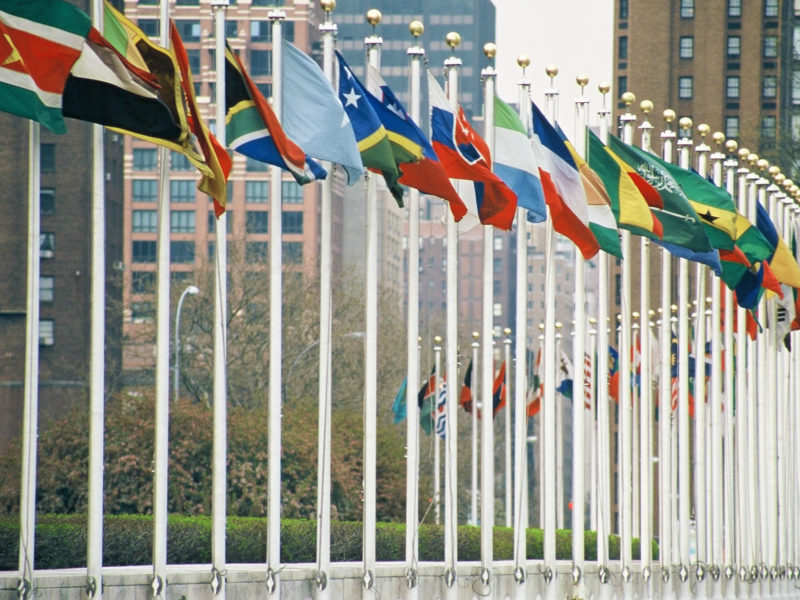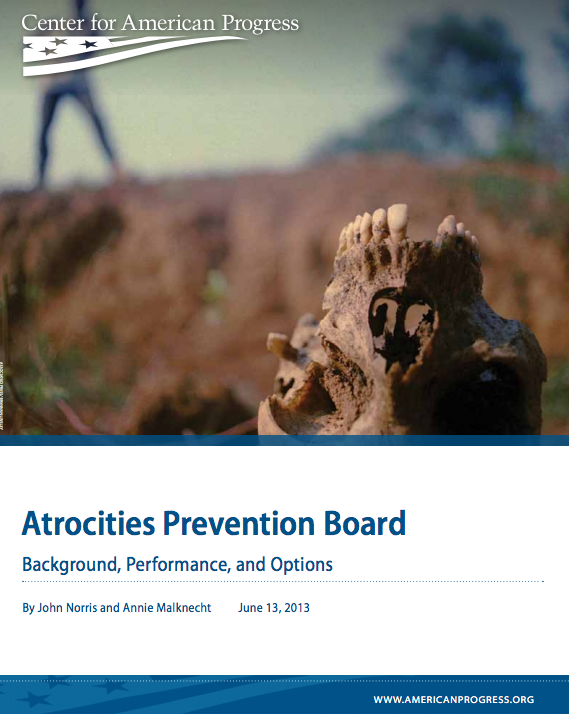Guest post by Benjamin E. Bagozzi and Ore Koren
At a time when global cooperation is needed more than ever, new research suggests that pandemics may weaken diplomatic connections between countries and lower the probability that nations will establish new diplomatic ties.
Diplomacy is one of the most enduring forms of international political interaction. Administered through embassies, consulates, and their political and bureaucratic support staffs, on-the-ground diplomatic relations are a key tool for international political negotiation, cooperation, trade promotion, dispute settlement, foreign intelligence management, and cultural exchange.
The COVID-19 crisis, in addition to grinding economic activity to a near-halt in communities around the world, is disrupting and destabilizing diplomatic operations. The evacuation of diplomats, embassy and border closures, and summit cancelations (see here, here, here, here, and here), will have profound effects on the ability of countries to manage their disagreements peacefully, promote their interests abroad, and ensure support to citizens in need of services abroad.
Though the negative effects of a global disease outbreak on diplomacy are significant, they remain underrecognized and poorly understood. The case of malaria—itself a persistent and pernicious global pandemic—offers clues as to how a COVID-19 induced weakening of diplomatic activities may impact countries.
As with many pandemic diseases, malaria has become endemic (i.e., it seasonally affects humans) in some areas. Our new study, which analyzes a global sample of countries and country pairs between 1950 to 2005, finds that malaria prevalence within potential diplomatic host countries decreases the likelihood that countries will form diplomatic ties (by about 4 percent on average) over a given five-year period. While these effects may seem modest, for comparison, if GDP per capita—a very strong predictor of diplomatic ties—drops to relatively low levels, the likelihood two state forms a tie is similarly lowered by roughly 4%.
High malaria prevalence also translates into the receipt of fewer total diplomatic engagements for a given country—specifically, a reduction of roughly eight hosted diplomatic missions per a five-year period. For context, a comparable decrease in GDP per capita is associated with a decrease of only two hosted diplomatic missions per a similar country-period.
Our models’ estimates of these effects are conservative; the true effects are likely stronger, especially given the impact of additional pandemics and local epidemics—for example, tuberculosis, flu, and Ebola.
What might drive these findings? Evidence from specific cases shows that foreign service workers, worried about the personal and family safety, often pressure their governments to be posted away from malaria-endemic countries. These concerns “trickle-up” to the foreign policy decision-makers, with the result that consulates and embassies in key regions are often located in countries with low malaria rates. Other international actors make similar calculations to avoid malarial countries when engaging in other forms of international activity, including trade, tourism, and foreign direct investment. All this weakens prospects for diplomatic engagement.
If pandemics place a substantial burden on diplomatic ties among nation-states, what are the implications with regard to the current COVID-19 pandemic? Already, COVID-19 is compelling countries to downgrade their level of investment in diplomatic missions abroad (see here, here, here, and here).
If this trend continues, governments may find themselves locked into a world where underinvesting in and underusing diplomatic missions abroad becomes the norm. Will countries completely break off diplomatic relations? Probably not. But the effects of COVID-19 may slow or stifle many of the routine—but critical—tasks that embassies and consulates perform: providing support for citizens and visa-seekers abroad; maintaining stable trade flows and security; settling disputes peacefully; promoting political and economic interests; and facilitating cultural exchanges. Reduced diplomatic engagement may also have implications for global human rights regimes, given the roles played by diplomatic missions in human rights monitoring, and especially considering that pandemics can open the door to severe government overreach.
Reduced diplomatic activity may even weaken efforts to prevent the spread of the virus. Health organizations such as the CDC or Médecins Sans Frontières depend on the diplomatic services of their sending countries for support and—if necessary—evacuation, especially when deployed to regions in conflict or facing natural disasters. One pandemic, in other words, can make us more susceptible to the next one.
The COVID-19 outbreak has exposed many of the vulnerabilities of the modern world. Health is often perceived as an individual good, especially in the US, but it is perhaps best understood as a collective good—one that must be effectively cultivated and monitored collectively. As the world rushes to address the immediate impacts of the disease, the global community should also double down on its commitment to international diplomacy, which remains essential to the management of transnational threats—including pandemics.
Benjamin E. Bagozzi is an Associate Professor of Political Science & International Relations at the University of Delaware. Ore Koren is an Assistant Professor of Political Science at Indiana University, Bloomington.






